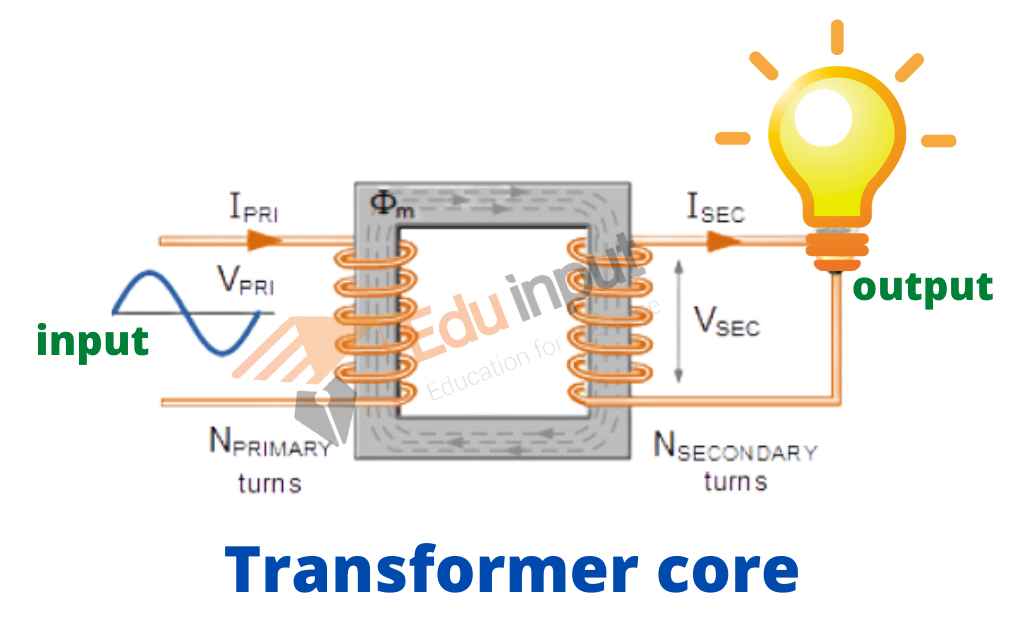What is Eddy Current?-Definition, Properties, And Application
Eddy current is a loop of electrical current in conductors that is caused by a magnetic field in the conductor.
What is Eddy current?
Foucault’s currents which are also called eddy currents are loops of electrical current that can be caused by a changing magnetic field in the conductor or by the relative motion of a conductor in a magnetic field. Currents flow in closed loops within conductors, in planes that are parallel to the magnetic field.
They can be created by a time-varying magnetic field created by an AC electromagnet or transformer, for example, or by relative motion between a magnet and a nearby conductor. The magnitude of the current in a given loop is proportional to the
- strength of the magnetic field
- the area of the loop
- the rate of change of flux
The term eddy current comes from similar currents seen in water in fluid dynamics that cause areas of turbulence known as eddies. Due to their inductance, eddy currents can take time to build up and can persist for very short periods in conductors.
Properties of Eddy current
- The conductors of non-zero resistivity have eddy currents that generate heat and electromagnetic force. The heat can be used to make heating more efficient. It is possible to use the forces for levitation, movement, or to give a strong braking effect. Power loss in transformers can be caused by the undesirable effects of eddy currents. They are minimized with thin plates, by the details of the conductor’s shape.
- The skin effect in conductors is caused by eddy currents and can be used for non-destructive testing of materials for geometry features.
- Resistive losses that transform some forms of energy into heat can be generated by eddy currents.
- The use of eddy currents to provide heating of metal objects is referred to as instrument heating.
Eddy Current Application
- Electromagnetic braking
- Repulsive effects and levitation
- Identification of metals
- Vibration and position sensing
- Structural testing
- Skin effects
- Rock climbing auto belays
- Zipline brakes
- Free fall devices
- Metal detectors
- Conductivity meters for non-magnetic metals
- Eddy’s current adjustable-speed drives
- Eddy-current testing
- Electric meters
- Induction heating
- Proximity sensor
- Vending machines







Leave a Reply